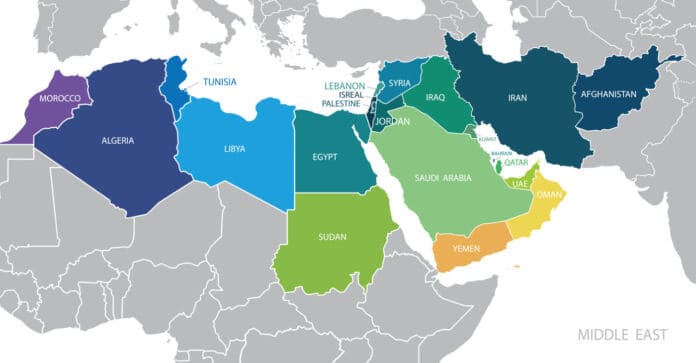
By Bill Fletcher, Jr., NNPA Newswire Contributor
NEWSWIRE — That the Zionist movement, established in Europe during the 19th century as a secular response to the persecution of European Jews is frequently ignored. What is also ignored was the search, by the leadership of the Zionist movement, for a European colonial-imperial ally with the aim of establishing a Jewish state somewhere in the world (within the sphere of that colonial empire!). This included overtures toward the major colonial empires of the time such as Britain, Russia, and Turkey.
On a regular basis those of us who demonstrate our support for Palestinian self-determination and freedom are demonized as being anti-Semitic or otherwise insensitive to the religious persecution that has been perpetrated against Jewish people.
Such allegations are nothing more than sophistry and aim at deflecting the criticisms of the expropriation of the Palestinian land by Zionists settlers and the establishment of a neo-apartheid state by the Israeli political establishment. But it is useful to turn to the question of religion for a moment.
The religious argument for the establishment of Israel is based on a particular interpretation of the Bible. That the Zionist movement, established in Europe during the 19th century as a secular response to the persecution of European Jews is frequently ignored. What is also ignored was the search, by the leadership of the Zionist movement, for a European colonial-imperial ally with the aim of establishing a Jewish state somewhere in the world (within the sphere of that colonial empire!). This included overtures toward the major colonial empires of the time such as Britain, Russia, and Turkey. The fact that the Zionist movement saw itself as having shared interests with colonial powers that were dividing up Africa, Asia and, in a different manner, Latin America, should tell us something about the motive of the movement. It is also worth noting that the proposed Jewish state was not located exclusively in what is today Palestine. Uganda and Madagascar were two of several other locations that were explored.
Once it is clear that multiple locations were explored—only one of which had any relationship to the Bible—and that this exploration was viewed in the context of the European division of the world, it becomes clear that the ultimate establishment of the state of Israel had little to do with a fair treatment of the Bible. It had to do with power and the aim of Europeans to establish a settler-colony in the Middle East.
Yet here is another interesting part of this saga. It turns out that nearly every settler colony, if not every settler colony, associated itself with religion. Whether one is discussing the British colonization of Ireland, the British colonization of North America (and the ultimate founding of the USA), or the Boer/Afrikaner invasion of southern Africa, religion was used by the colonizers as a justification. In each case the colonizers claimed that God instructed them to go forth and seize the land from those who had been occupying it. This religious justification became central in the atrocities carried out against the indigenous peoples—in each case—and the lack of any degree of empathy with those who had originally inhabited the land.
Thus, the establishment of Israel was neither unique nor otherwise unusual. It just happened to be the last in a long line of European settler colonial experiments carried out at the expense of those who had inhabited the land, in each case using a religious explanation as the rationale.
Bill Fletcher, Jr. is the executive editor of globalafricanworker.com and a past president of TransAfrica Forum.

